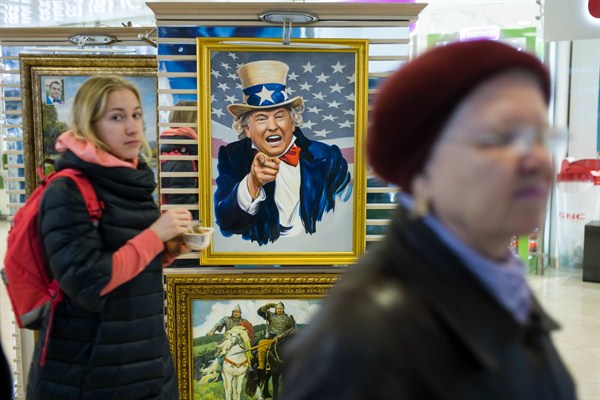If there is a prayer on the lips of international affairs columnists these days, it goes something like this: Please let there be something to write about other than Donald Trump this week, and if it has to be Trump, please let me publish it before the next news cycle makes whatever I’ve written irrelevant or obsolete.
Having already settled on a Trump topic before the latest self-created crises to buffet the White House broke, suffice it to say I’m typing as fast as I can.
As we now know because he himself admitted it, during his Oval Office meeting with the Russian foreign minister and ambassador last week, Trump revealed classified information about the so-called Islamic State, potentially jeopardizing a highly sensitive intelligence-sharing relationship with a partner country in the Middle East—later revealed to be Israel, according to The New York Times and other outlets. Not good? Sad? Take your pick.

